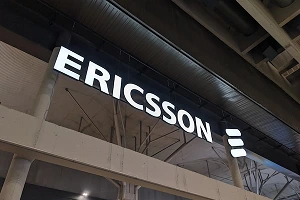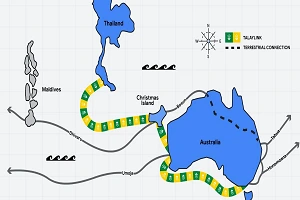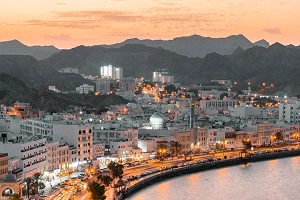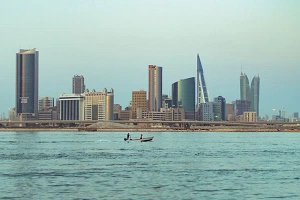Etihad Salam and AFR-IX to connect Medusa cable to the Red Sea
- Details
- Category: Optical & Fixed Networks
- 14132 views

Saudi Arabia-based telecoms and digital infrastructure company Etihad Salam said on Tuesday it has entered into a strategic partnership with AFR-IX Telecom to be the primary landing and interconnection hub for the Medusa subsea cable system and extend the system’s reach to the Red Sea.
Under the agreement announced on Tuesday, Etihad Salam will be the primary landing and interconnection hub for the Medusa system within Saudi Arabia through Aqaba in Jordan.
Etihad Salam will deliver terrestrial backhaul services and capacity swapping to seamlessly incorporate Medusa's network into Saudi Arabia and other Gulf Cooperation Council (GCC) countries, and onward to Asia.
Amjad Arab, chief wholesale and alliances officer at Etihad Salam, said the operator’s partnership with Medusa would help position Saudi Arabia as a central hub for regional connectivity.
"By linking the Medusa cable to our robust infrastructure, we're creating innovative international routes that expand our worldwide presence and meet the surging needs for digital and cloud services in the Kingdom,” he said in a statement. “Through this partnership, we seek to offer enriched connectivity services, experiences and bring the world closer, ultimately empowering businesses to scale and innovative in an increasingly digital landscape.”
The Medusa system aims to connect countries on both sides of the Mediterranean Sea, with 17 landing points in Cyprus, France, Greece, Italy, Malta, Portugal, and Spain on the north coast, and Algeria, Egypt, Libya, Morocco, and Tunisia on the south coast. Medusa is also designed to create a high-capacity digital corridor from the Atlantic coast through the Mediterranean Sea to the Red Sea.
The cable made its first landing in Marseilles earlier this month. AFR-IX Telecom is already looking to extend the subsea cable south along Africa’s western coastline, and has received funding from the US Trade and Development Agency (USTDA) for a feasibility study on that endeavour.
The 8,700-km Medusa features a design capacity of 480 Tbps with 24 fibre pairs running at 20 Tbps per pair. The system is being built by Alcatel Submarine Networks (ASN), while Nokia is supplying optical equipment.
The initial Medusa segment will link Marseille with Bizerte in Tunisia and Nador in Morocco, with landings expected between late October and December. The first phase is slated to be ready for service at the beginning of next year, with deployment of the remaining landing points expected to continue throughout 2026.

























